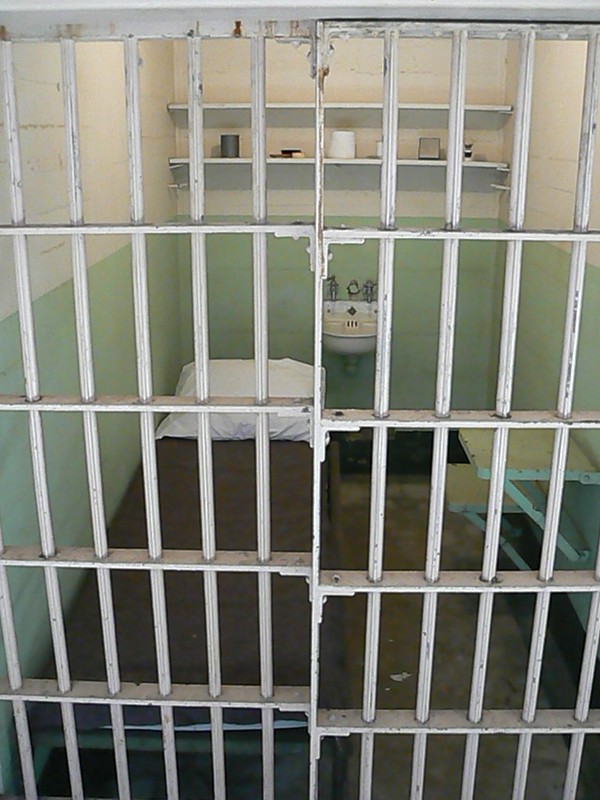
The Ministry of Justice has announced emergency measures that will see some people who ought to be in prison instead placed in police cells. The capacity pressure is specific to the adult male estate, and there is ample capacity in the women’s and youth estates.
- There are currently about 83,000 people in prison
- At the start of the coronavirus pandemic there were some 10,000 people on remand
- This rose to about 13,000 in April 2022, before criminal barristers went on strike
- The total number on remand is now about 14,000
Announcing the move to parliament, the Minister said:
“We have long anticipated the prison population rising…, and that is why we are delivering the largest prison building programme since the Victorian era, with 20,000 additional places.
We have already created over 3,100 of them, including the recent change of use of His Majesty’s Prison Morton Hall and our brand-new prison, HMP Five Wells. A further 1,700 places are due to come online with occupation in tranches from next spring with the opening of HMP Fosse Way. This is in addition to the thousands of further places that will become available through additional house blocks—for example at HMP Stocken, which is due to finish construction next year—and major refurbishment programmes across the existing estate. Just a few weeks ago, I attended a ground breaking ceremony at the site beside HMP Full Sutton in Yorkshire, where we have started construction for the next new prison, which will hold 1,500 category C prisoners when it opens in 2025.
However, in recent months we have experienced an acute and sudden increase in the prison population, in part due to the aftermath of the Criminal Bar Association strike action over the summer, which led to a significantly higher numbers of offenders on remand. With court hearings resuming, a surge in offenders is coming through the criminal justice system, placing capacity pressure on adult male prisons in particular.
The public rightly expects us to take the action necessary to hold offenders who have been sentenced by the courts. That is why I am announcing today that we have written to the National Police Chiefs’ Council to request the temporary use of up to 400 police cells, through an established protocol known as Operation Safeguard. That will provide the immediate additional capacity we need in the coming weeks to ensure the smooth running of the prison estate, and to continue taking dangerous criminals off the streets. I thank the National Police Chiefs’ Council for its support in mobilising this operation. We already routinely work hand in glove with police forces across the country to occasionally use police cells to hold offenders overnight. The triggering of Operation Safeguard is not an unprecedented move. It is an established procedure that has been used before to ensure that our prison system can operate effectively and safely during periods of high demand. It last happened in 2006, and then in 2007 to 2008.”
The Criminal Bar Association, who represent criminal barristers, disputed the minister’s claims saying that the remand prison population was already at a decade high of more than 13,000 before they went on strike.
As a firm we will be actively monitoring these developments in order to ensure clients are held in safe and proper conditions, with all of their usual rights and privileges protected.
Please do not hesitate to contact us if you have any concerns in relation to the welfare of a prisoner held in police cells.
How can we help?
Here at Broadbent’s Solicitors, we ensure we keep up to date with any changes in legislation and case law so that we are always best placed to advise you properly. If you would like to discuss any aspect of your case, or are in need of a criminal solicitor, please give us a call today on Alfreton: 01773 832 511, Derby: 01332 369 090 and Heanor: 01773 769 891. Moreover, you can complete our online enquiry form where a member of our team will be in touch shortly.
Image credit: “Prison cell” by Tim Pearce, Los Gatos is marked with CC BY 2.0.




